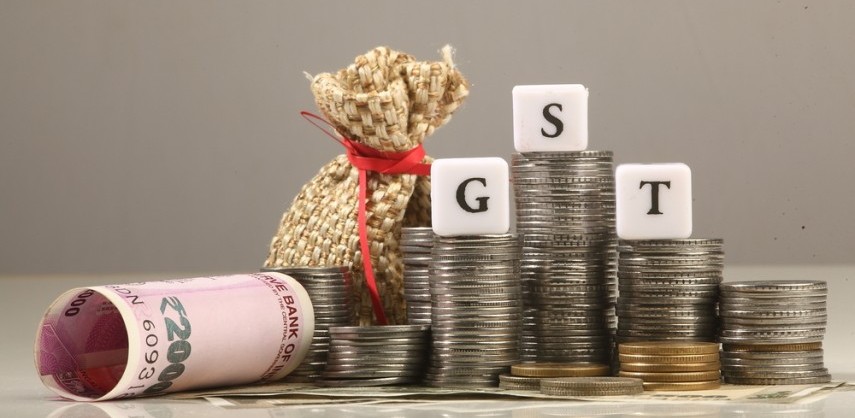
Goods and services Tax (GST) is a broad based, comprehensive tax to be levied on goods and services aiming at a simple and transparent tax structure to positively incentivize trade and industry. Under GST, the term “assessment” means determination of tax liability under this Act i.e. to figure out how much tax is to be paid actually, a GST assessment is organized. Various forms of assessments under GST include:
Self-assessment (Sec 59)
A taxable person undergoes his self-assessment where all GST filings are based on his own assessment to furnish a return which concludes that GST promotes self-assessment like excise, VAT and service tax under current tax regime. It is the assessment done by the taxpayer himself whereas others are undertaken by tax authorities.
Provisional assessment (Sec 60)
In case of provisional assessment, a taxable person is unable to determine the tax liability due to value or rate of tax or understanding whether certain receipts should be added or not, he files an application in form GST ASMT- 01 along with the documents in support of paying taxes on provisional bases which follows a below procedure:
Scrutiny of Returns (Sec 61)
To verify whether it is appropriate, a proper officer can scrutinize the return which is a non- compulsory pre –adjudication process. In short, it is not a legal and authorized judicial proceeding.
Best judgment assessment (Sec 62)
Failure to furnish the required returns by a taxable person, even after service of notice under section 46, an assessment is conducted by the GST officer which can be deemed to be withdrawn within a period of 30 days from the date of issuance of assessment order.
Assessment of unregistered persons
When a taxable person fails to obtain GST registration even if liable to do so, the GST officer can proceed to assess the tax liability of such taxable person to the best of his judgment for the relevant tax periods and issue an assessment order within a period of 5 years under section 44.
Summary assessment (Section 64)
A GST officer can on any evidence showing a tax liability of a person coming to its notice, proceed to assess the tax liability of such persons to protect the interest of revenue. A proper officer is required to obtain previous permission of additional commissioner or joint commissioner.
To conclude, taxpayers must furnish an application form, along with the necessary financial records to the tax official. The tax official may accept or reject the application communicating the decision to the registered taxpayer within 90 days from the date of receipt of the application. If the tax official finds the explanation satisfactory then the taxable person will be informed and no further action will be taken and if not, the officer may-
If you are looking for assistance to represent your GST assessments or require professional advice for GST self-assessment, our team of experts can assist you in taking a proactive assessment approach for your business.
Our team can also assist you in setting up your business in India, accounting, bookkeeping, payroll, auditing, taxation, secretarial compliances, trademark registration, business structuring and advisory services. If you require any assistance, kindly click here